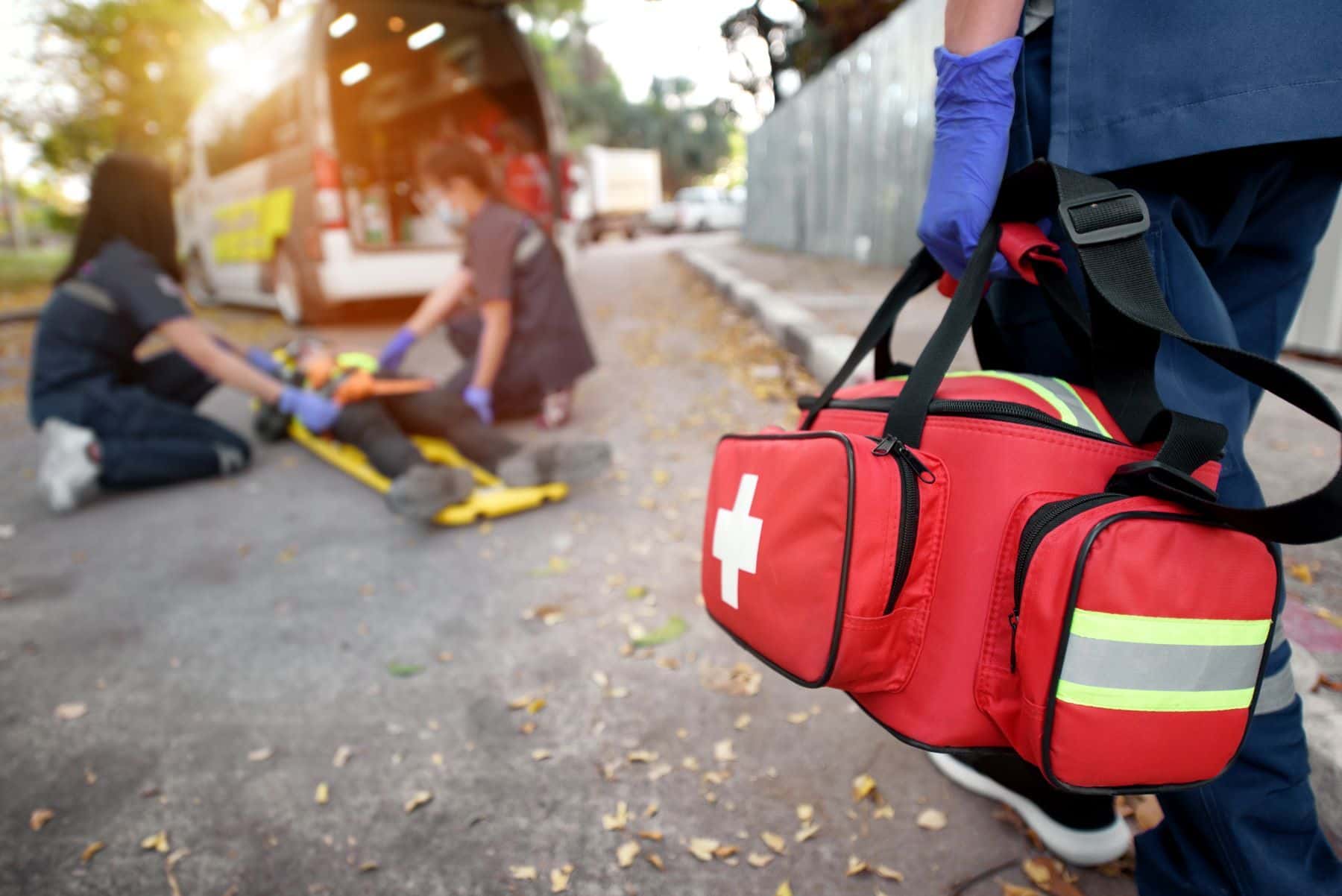Delayed Medical Intervention in Gunshot Victim Leads to Hemorrhagic Shock
This case study explores the tragic incident of a gunshot victim who succumbed to hemorrhagic shock due to delayed medical intervention.
Updated on
Case Overview
This case revolves around an adult who suffered multiple gunshot wounds. The individual was not involved in criminal activity at the time of the incident. Two nursing students, who happened to be nearby, rushed to their aid in an apartment parking lot.
They attempted to stem the blood flow by applying pressure to the wounds while waiting for emergency medical services (EMS). The patient was initially alert and responsive. However, upon arrival, two police officers instructed the nursing students to step back to secure the scene with yellow tape. Several crucial minutes passed before EMS arrived, during which time the officers did not permit the nursing students to continue their life-saving efforts.
Consequently, the patient experienced significant blood loss and lost consciousness due to delayed medical intervention. Upon arrival at the hospital, they received treatment in the ER for approximately 1-2 hours but ultimately succumbed to hemorrhagic shock. This case seeks expert opinion from a trauma surgeon regarding causation.
Questions to the expert and their responses
How often do you manage patients with acute blood loss from gunshot wounds?
Although I have extensive experience managing gunshot wounds, I do not encounter them frequently. My experience spans both civilian and military trauma scenarios.
What are common standard options to sustain a patient in the field with signs of acute blood loss due to a gunshot wound?
The first step to controlling blood loss is direct pressure, and often this is all that is required. However, knowing the full extent of the injury would allow a more detailed analysis of potential outcomes.
How may a delay or interruption in holding pressure on a bleeding wound impact an adverse outcome?
A delay in applying pressure to a bleeding wound can lead to exsanguination, commonly known as bleeding out. It is possible or likely that bystanders could have prevented an adverse outcome if they were allowed to continue their efforts.
About the expert
This expert is a seasoned general surgeon with over 15 years of experience, board-certified and an active member of several prestigious medical associations. They have held significant positions such as director of trauma and acute care surgery, staff general and trauma surgeon, medical director of advanced wound care, and chief of surgery at various medical centers. Currently practicing as a staff general surgeon in Louisiana, their extensive background in trauma surgery makes them highly relevant to this case study involving gunshot wounds and delayed medical intervention.

E-1008321
Specialties:
About the author
Subscribe to our newsletter
Join our newsletter to stay up to date on legal news, insights and product updates from Expert Institute.
Sign up nowFind an expert witness near you
What State is your case in?
Subscribe to our newsletter
Join our newsletter to stay up to date on legal news, insights and product updates from Expert Institute.



